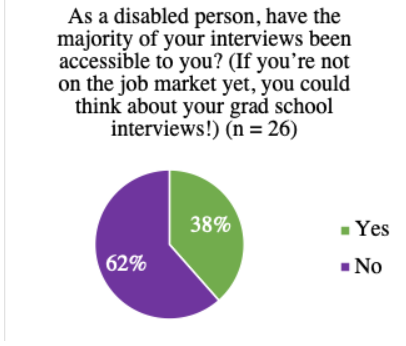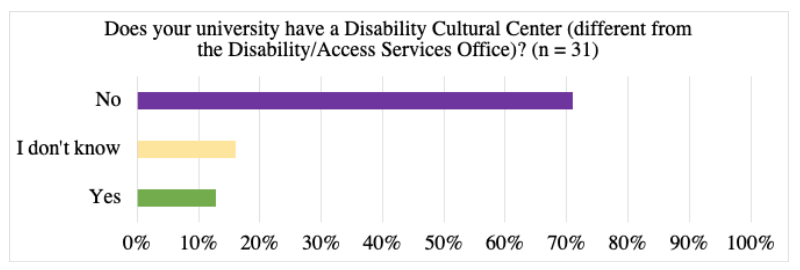
With COVID, many people and jobs are more online than ever before. If your website, Zoom meetings, even Tweets aren’t accessible, then a sizable percentage of the population can’t navigate them. Here are some resources to make your digital content more #accessible! 1/13
#NDEAM
#NDEAM
@access_guide_ wrote a guide on writing image descriptions to help you understand what’s important to include when you’re posting that cute dog photo. tinyurl.com/ImageDesc. @ImageAltText can be tagged to check if an image on Twitter has alt text! 2/13
If you’re low on spoons and/or don’t have funding to pay someone to write image descriptions for a professional website/presentation (for example), this Facebook community can provide free, crowdsourced image descriptions facebook.com/groups/1376494… 3/13
Many Twitter memes are not readable by screen readers. That meme of the punctuation rabbit holding something? Not enjoyable/understandable if you’re using a screen reader. Check out what another popular meme sounds like using a screen reader: tinyurl.com/MemeReader 4/13
There are a few key access tips for video-conferencing software (like Zoom) First, when meetings begin, introducing yourself and describing how you look is useful for low-vision or blind folks. 5/13
Next, it is crucial that only 1 person speaks at a time and that that person is the only voice picked up by the microphone. D/deaf or hard of hearing folks may be lip-reading and if the microphone bounces from speaker to speaker, the lip-readers can’t follow along. 6/13
Or, if someone’s eating, the camera bounces to the crunching noise instead of the speaker. 7/13
People who aren't speaking should remain muted, especially because for people with social anxiety, speech impairments, or difficulty entering the discussion, the extra second it takes for someone to unmute is an entry point. 8/13
When you start speaking, saying your name, example: “This is Cait speaking” allows people to recognize who is speaking, especially those who are vision impaired. These steps are all crucial for including all people on your calls! 9/13
Captions on any video content you produce/share and during live video calls are huge for accessibility! It is easier to make this happen for recorded content as you can edit automatically generated captions. You can get CART services and ASL interpreters for live videos. 10/13
Beyond what you can do individually, PEAT provides several digital #accessibility toolkits. One focuses on making sure your eRecruitment is accessible and another on the accessibility of your company’s telework setup. peatworks.org/digital-access… 11/13
WAVE is a #free website and browser extension to see if your website, or the one you’re linking to in your Tweet, is #accessible to screen readers. If you’re building a personal or #lab site, use this as you go to make accessible design choices! wave.webaim.org 12/13
For today’s Call to Action, use the WAVE website/browser extensions to check if your personal, lab, and/or department websites are accessible. If they’re not, bring up this important issue to your advisor or department chair! wave.webaim.org #Allyship #NDEAM 13/13
• • •
Missing some Tweet in this thread? You can try to
force a refresh







